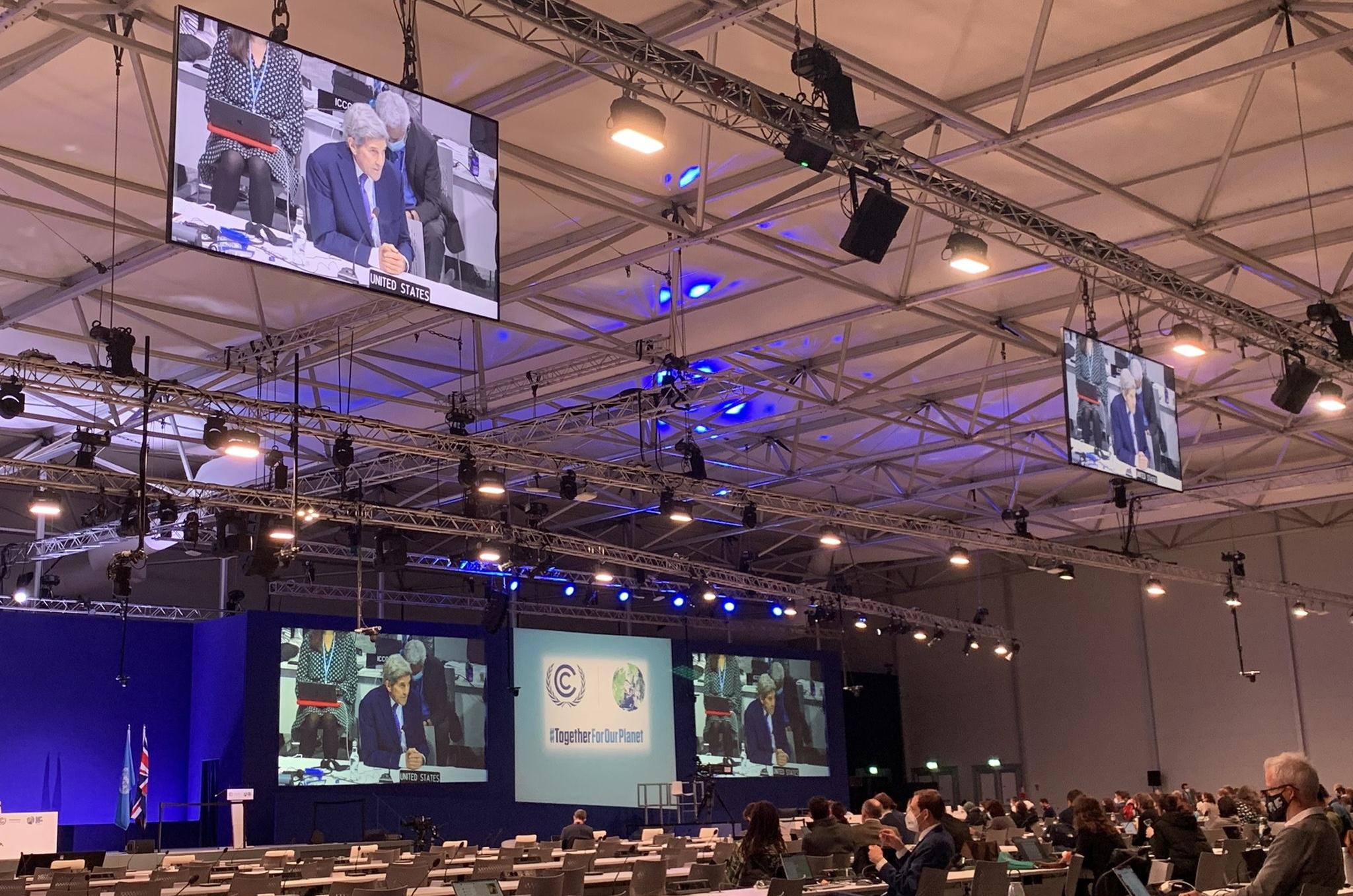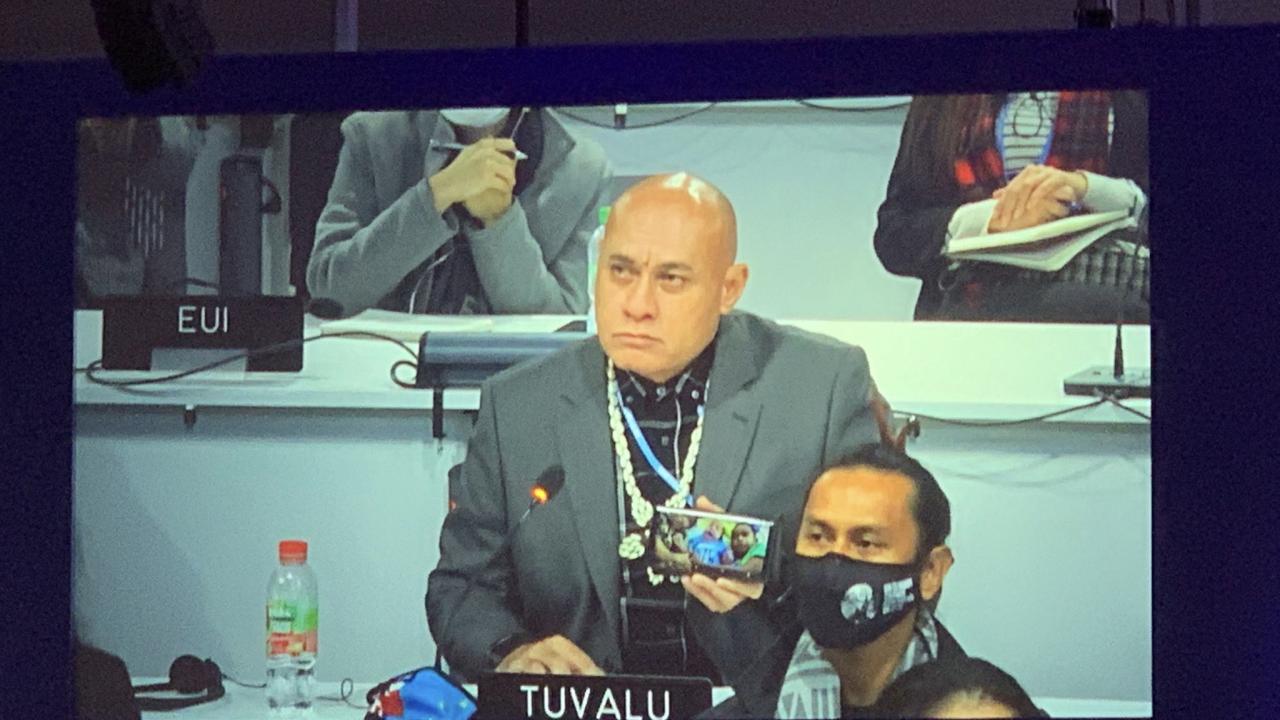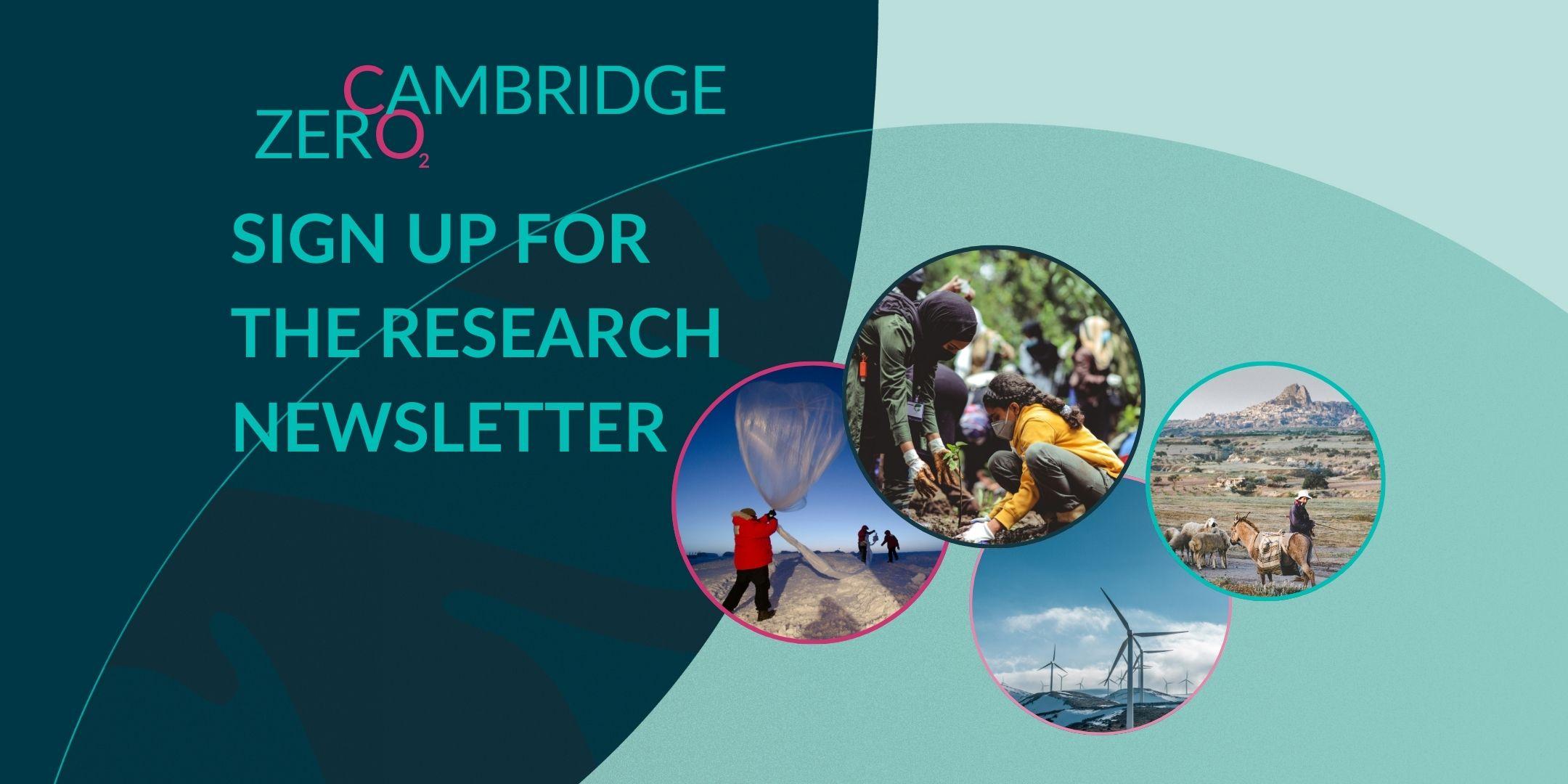Cambridge Researcher Natalie Jones is reporting for The Earth Negotiations Bulletin. Due to the late running of the COP26 meetings, negotiations continued into Saturday and the Bulletin continued to update their Friday 12th November highlights page, documenting:
- 3.30pm - COP26 President Alok Sharma urges all parties to accept the package. The bulletin reports “Parties made lengthy statements and many express that the package is not perfect, but they are willing to compromise and accept it. Some parties indicate they would like to see changes’.
- 6pm - As parties await the plenary after the presidency stocktaking, informal-informal negotiations occur between President Sharma, the US, China, India and others.
- 7.22pm - The closing plenary resumes.
- Just after 11pm, COP26 and its agreement was gravelled to a close.
The Earth Bulletin’s full analysis will be published on Tuesday and will be found on their website here. In the meantime, The Earth Bulletin tweeted about these aspects of the agreement as they were accepted on Saturday:
- ‘Article 6 [co-operative approaches] is adopted, completing the Paris agreement Rulebook.’
- ‘Transparency tables and outlines are adopted. The enhanced transparency framework is fully operational for first reports in 2024.’
- ‘Common time frames is adopted. Countries will communicate their NDCs [nationally determined contributions] at the same time and they will last for the same period of time] (e.g., a new NDC in 2025, with an end date of 2035)’.
- ‘Decision on Warsaw International Mechanism on Loss and Damage adopted’.
- ‘Adaptation decisions adopted. Includes a two-year work programme on the global goal on adaptation. The Maldives and Egypt offer to host workshops in the work programme’.
- ‘The process to set the new collective quantified finance goal is adopted. This process will set a new goal that will replace the USD 100 billion per year goal.’
Cambridge on the Ground
PhD Student Friderike Hartz remained in Glasgow for the final day and has done an impressive job of capturing most parties’ statements, alongside conveying the feeling in the halls of COP26 as it ended.
The Saturday was quite interesting. I mainly came to soak up the atmosphere and follow the informal stocktaking (as nobody knew when the closing plenary would be). The stocktaking was supposed to start at noon but it didn’t start until roughly 3PM (as you can see in the thread). In total, I did 54 tweets on the informal stocktaking. 40+ countries spoke during that plenary. I managed to catch almost all interventions! I thought live tweeting about it was the best way to capture the general sentiment. In total, I sat in the overflow plenary for 5 1/2 hours that day with 1 bathroom break because it was just so intense and nobody knew what was going to happen! When COP president Alok Sharma eventually started the plenary, time just flew by. I really felt it was a decisive moment in the history of climate negotiations.
Read in full here Frederike’s tweets documenting the informal stocktaking at COP26 which began at 3.30pm. Two parties’ comments she particularly highlighted were:
John Kerry saying that “if it’s a good negotiation, everyone is uncomfortable. These are good negations”

Tuvalu’s Minister of Finance Seve Paeniu holding up a photo of his grandchildren, urging countries to take action. Tuvalu says Glasgow needs to deliver on the promise of hope and progress. He says that he thinks about his grandchildren and that a progressive COP26 outcome is the best Christmas gift for them.
The Earth bulletin also noted the moving demonstration of the very human impacts of Climate Change and its urgency for the young, tweeting: Tuvalu shows photos of his grandchildren - "responding to climate change is critical to humanity, and should not be linked to our political survival."
After the informal stocktaking Friederike left Glasgow, but continued her report:
I had to go home after the informal stocktaking but I followed the closing plenaries online and via twitter. Intense final hours. The outcome is disappointing for many and I agree that there remain large gaps, especially when it comes to Loss & Damage and financial support for developing countries. I was, as much as anyone, disappointed by the last-minute watering down of the pact (from “phase-out” to “phase-down” of coal) induced by China and India. However, we at least have an agreement that finalises the Paris Rulebook and that opens avenues to accelerate ambition to keep 1.5 alive.
Now that I am back home I still have so much to digest and think about! I’ve learned so much the past week and met so many interesting people as well as old colleagues and friends. But I am very tired (physically and mentally) and will need one or two days rest to arrive back in reality after venturing into this climate diplomacy bubble!
Like Freiderike, at Cambridge Zero we’re looking forward to hearing the Cambridge communities’ reflections on COP26 after they have had the chance to recuperate and process the fortnight's events.
Keep up to date with our socials to read these in due course, and if you would like to be involved with our post-COP26 coverage and analysis or have any questions, please email Ella Palmer, ep541@cam.ac.uk.



